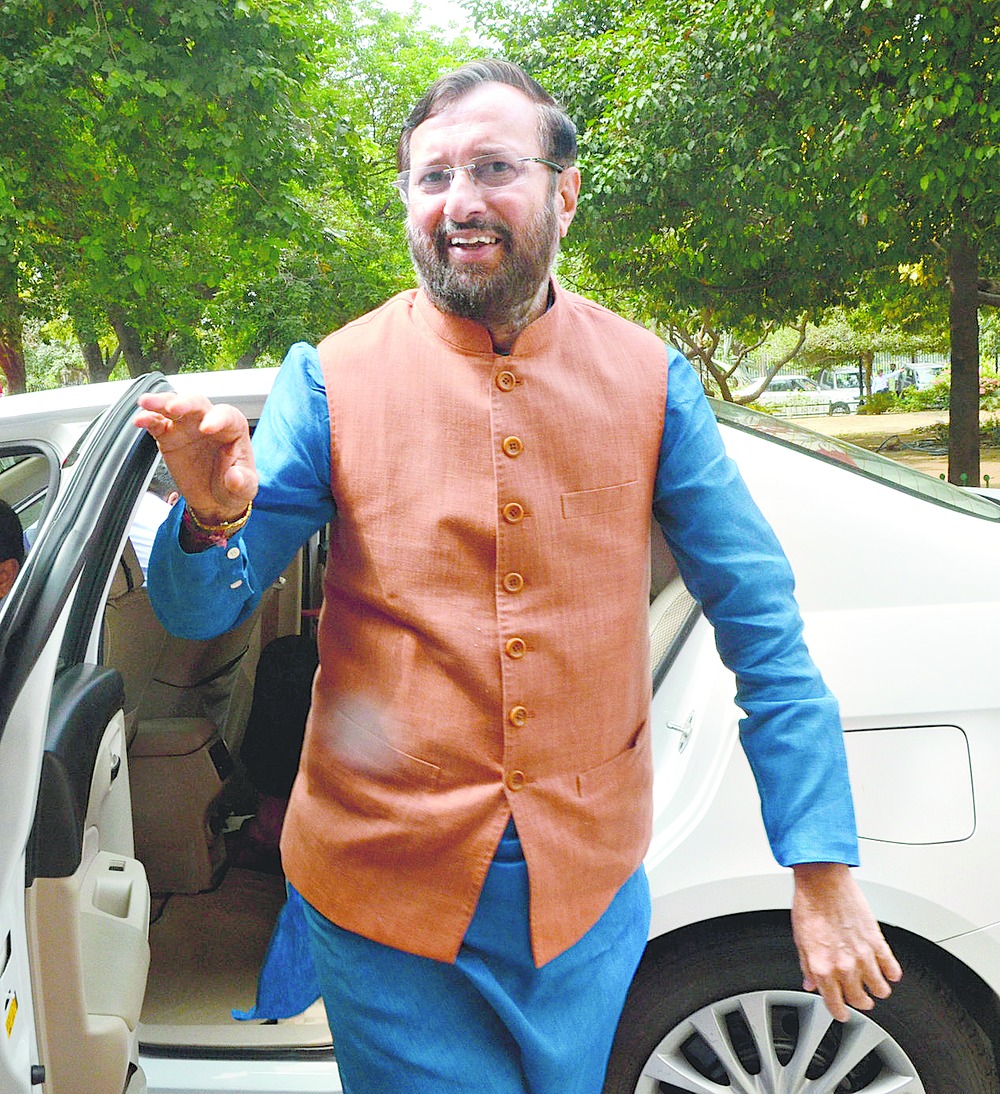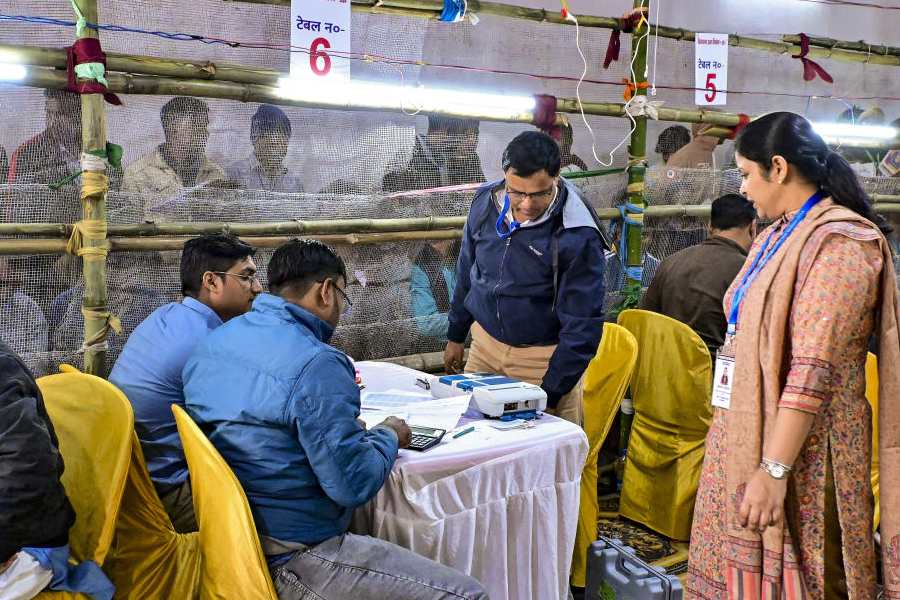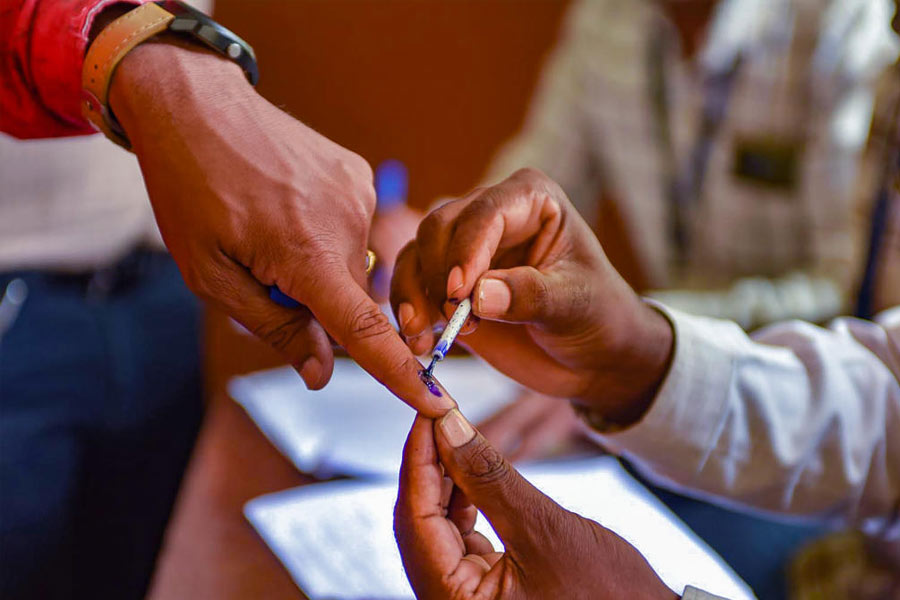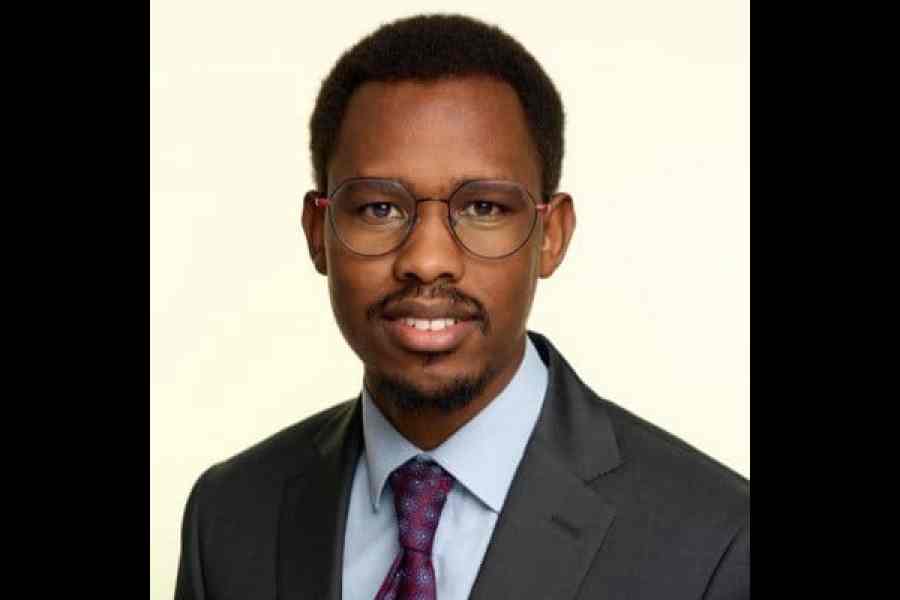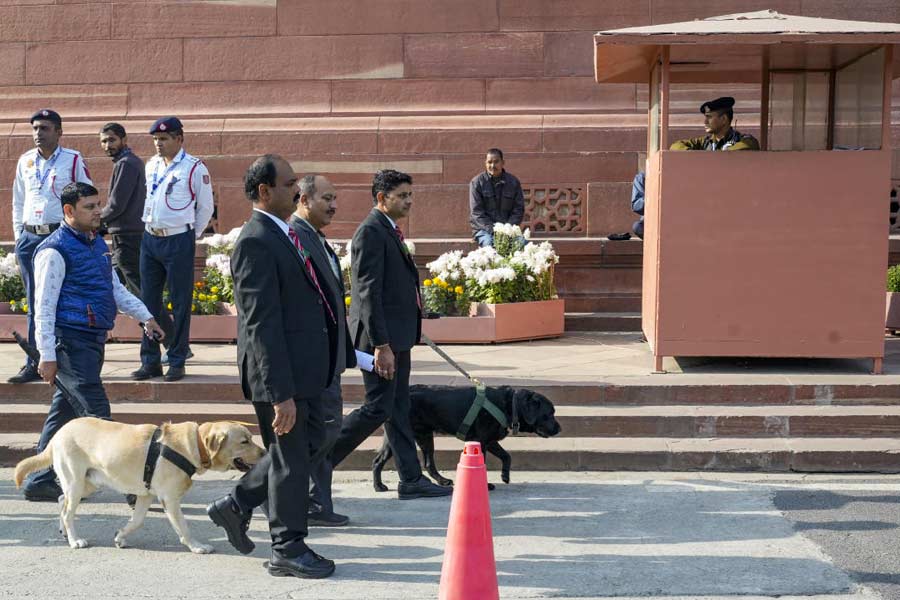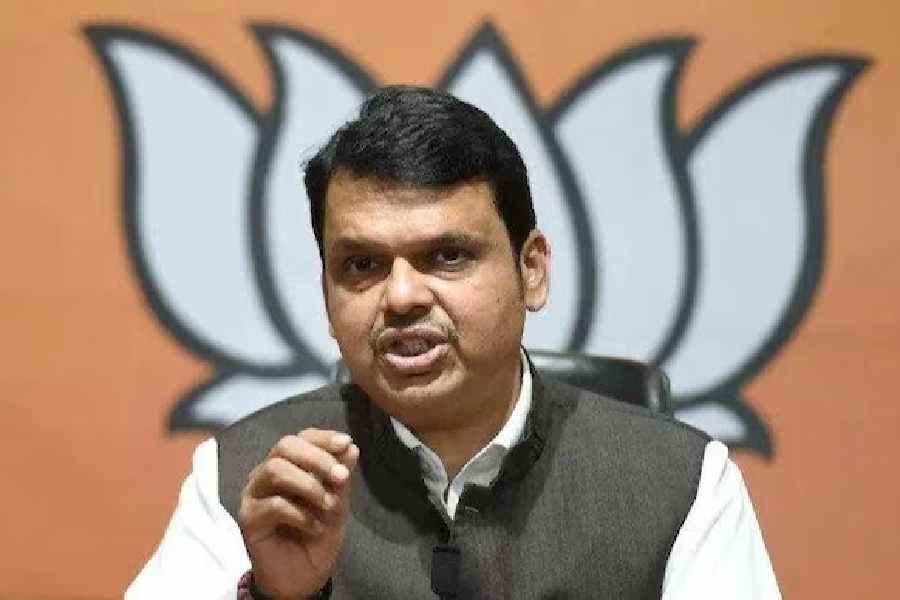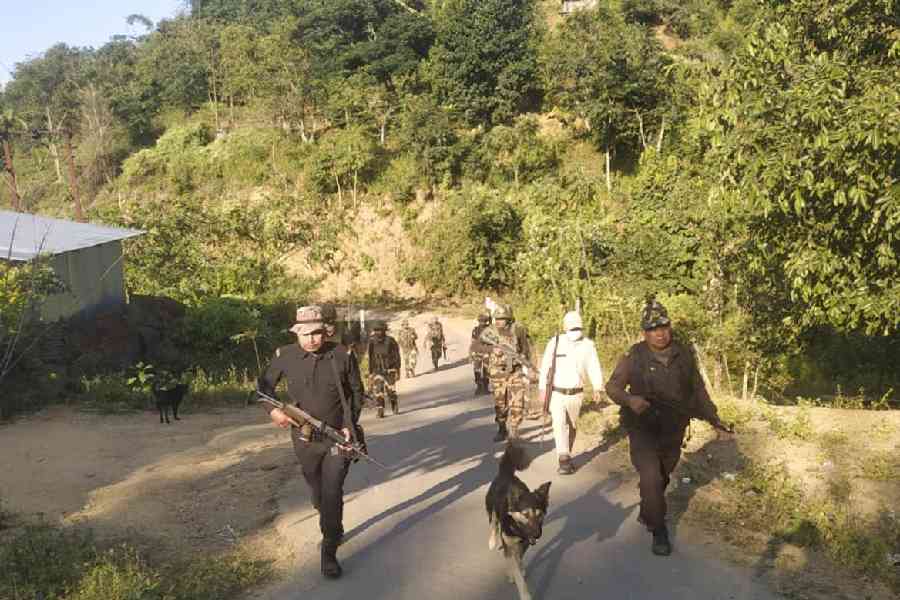
New Delhi, July 7: Human resource development minister Prakash Javadekar today said schools should encourage pupils to ask questions because inquisitiveness was the key to innovation.
"Innovation is rebellion. We lack innovation because we do not allow questioning and inquisitiveness," Javadekar said after inaugurating Infocom 2016, an event organised by ABP, which publishes The Telegraph, on the theme "Tr-ansform, Disrupt, Transform".
"In schools, children are discouraged from asking questions," he said. "This cannot go on."
Some academics, however, asked whether the minister would apply the principle impartially and encourage pupils to question certain practices introduced by BJP governments in schools.
"If the minister is really serious, will he question the Surya Namaskar being practised in schools in Madhya Pradesh? Will he ask children to question the recitation of the Gayatri Mantra in schools?" C.P. Bhambri, professor emeritus at Jawaharlal Nehru University, said.
Bhambri alleged that Javadekar, a former member of the Akhil Bharatiya Vidyarthi Parishad - the students' wing of the Rashtriya Swayamsevak Sangh - would promote the so-called saffron agenda in education.
"Whatever he is saying is public posturing," Bhambri alleged.
Javadekar has taken over the ministry at a time students in several universities have been protesting the shrinking space for debate and dissent on campuses. At today's event, he stressed sustainable development in all sectors, including education.
Infocom, an initiative of the ABP Group, is a forum for discussing the convergence of business, technology and leadership elements that are essential for India's growth.
Javadekar later assumed charge of his new post. At a brief meeting with senior officials, he sought details of the appointments made to senior posts in educational institutions under the ministry, such as the IITs, IIMs and the central universities.
Some of these appointments have sparked controversy in recent months. For example, while appointing the directors of the IITs in Patna, Bhubaneswar and Ropar, the ministry had overruled the recommendations of a search panel and invited all the short-listed candidates for repeat interviews.
At today's meeting, Javadekar is said to have taken a keen interest in the ministry's digital schemes to promote the spread of education.
Among programmes the ministry plans to launch soon are the Massive Open Online Course and 32 direct-to-home (DTH) education channels. It will also start the IIT-PAL (Professor Assisted Learning), a scheme providing online coaching by IIT teachers to those hoping to crack the Joint Entrance Examination.
Prime Minister Narendra Modi is expected to launch the Massive Open Online Course on August 15.
Javadekar asked the officials to take forward initiatives such as the tagging of higher educational institutions via geo-satellite imagery. This is expected to provide pictures to help the government monitor the implementation of schemes relating to physical infrastructure at these institutions.
Javadekar told reporters that his ministry would aim to provide quality education to all. He declined comment on the ministry's stand against the minority status of Aligarh Muslim University and the contentious subject of continuous promotion till Class VIII under the Right To Education Act.
He said he and junior colleagues Upendra Kushwaha and Mahendra Nath Pandey would work as a team.

